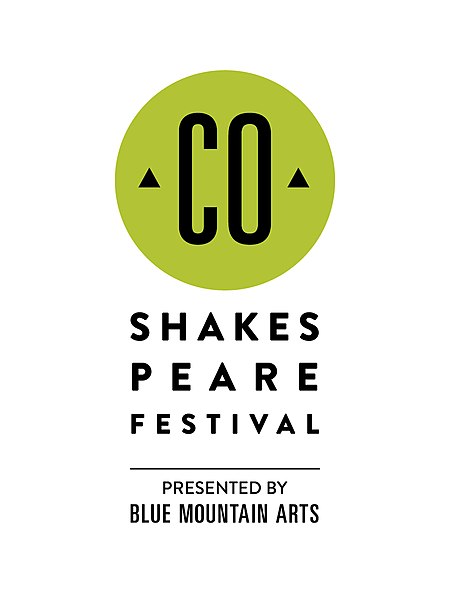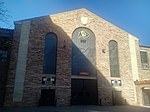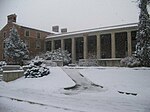Colorado Shakespeare Festival

The Colorado Shakespeare Festival is a professional acting company in association with the University of Colorado at Boulder. It was established in 1958, making it one of the oldest such festivals in the United States, and has roots going back to the early 1900s. Each summer, the festival draws about 25,000 patrons to see the works of Shakespeare, as well as classics and contemporary plays, in the Mary Rippon Outdoor Theatre and indoor University Theatre. The company is made up of professional actors, directors, designers and artisans from around the United States and the world, along with student interns from around the nation. Timothy Orr, the current producing artistic director, was hired in 2014 after serving as an actor in the company since 2007 and associate producing artistic director since 2011.In early April 2020, with the uncertainty of the ongoing worldwide COVID-19 pandemic, CSF cancelled the summer 2020 season altogether.
Excerpt from the Wikipedia article Colorado Shakespeare Festival (License: CC BY-SA 3.0, Authors, Images).Colorado Shakespeare Festival
Central Campus Mall, Boulder
Geographical coordinates (GPS) Address Nearby Places Show on map
Geographical coordinates (GPS)
| Latitude | Longitude |
|---|---|
| N 40.00719 ° | E -105.27278 ° |
Address
Mary Rippon Outdoor Theatre
Central Campus Mall
80309 Boulder
Colorado, United States
Open on Google Maps






